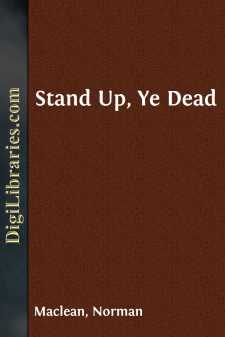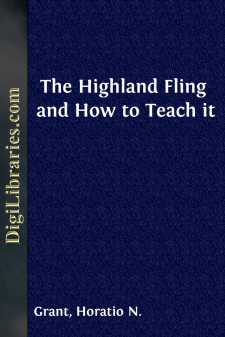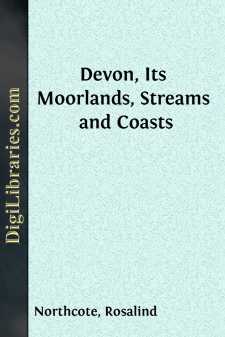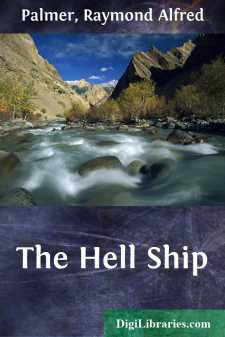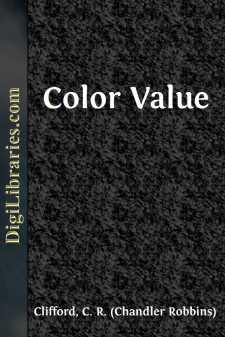Categories
- Antiques & Collectibles 13
- Architecture 36
- Art 48
- Bibles 22
- Biography & Autobiography 815
- Body, Mind & Spirit 144
- Business & Economics 28
- Children's Books 18
- Children's Fiction 14
- Computers 4
- Cooking 94
- Crafts & Hobbies 4
- Drama 346
- Education 58
- Family & Relationships 59
- Fiction 11835
- Games 19
- Gardening 17
- Health & Fitness 34
- History 1378
- House & Home 1
- Humor 147
- Juvenile Fiction 1873
- Juvenile Nonfiction 202
- Language Arts & Disciplines 89
- Law 16
- Literary Collections 686
- Literary Criticism 179
- Mathematics 13
- Medical 41
- Music 40
- Nature 180
- Non-Classifiable 1768
- Performing Arts 7
- Periodicals 1453
- Philosophy 65
- Photography 2
- Poetry 896
- Political Science 203
- Psychology 44
- Reference 154
- Religion 515
- Science 126
- Self-Help 85
- Social Science 83
- Sports & Recreation 34
- Study Aids 3
- Technology & Engineering 60
- Transportation 23
- Travel 463
- True Crime 29
Our website is made possible by displaying online advertisements to our visitors.
Please consider supporting us by disabling your ad blocker.
Early Britain-Roman Britain
by: Edward Conybeare
Description:
Excerpt
PREFACE
A little book on a great subject, especially when that book is one of a "series," is notoriously an object of literary distrust. For the limitations thus imposed upon the writer are such as few men can satisfactorily cope with, and he must needs ask the indulgence of his readers for his painfully-felt shortcomings in dealing with the mass of material which he has to manipulate. And more especially is this the case when the volume which immediately precedes his in the series is such a mine of erudition as the 'Celtic Britain' of Professor Rhys.
In the present work my object has been to give a readable sketch of the historical growth and decay of Roman influence in Britain, illustrated by the archaeology of the period, rather than a mainly archaeological treatise with a bare outline of the history. The chief authorities of which I have made use are thus those original classical sources for the early history of our island, so carefully and ably collected in the 'Monumenta Historica Britannica'; which, along with Huebner's 'Corpus Inscriptionum Latinarum[2],' must always be the foundation of every work on Roman Britain. Amongst the many other authorities consulted I must acknowledge my special debt to Mr. Elton's 'Origins of English History'; and yet more to Mr. Haverfield's invaluable publications in the 'Antiquary' and elsewhere, without which to keep abreast of the incessant development of my subject by the antiquarian spade-work now going on all over the land would be an almost hopeless task.
EDWARD CONYBEARE.
A complete Bibliography of Roman Britain would be wholly beyond the scope of the present work. Much of the most valuable material, indeed, has never been published in book form, and must be sought out in the articles of the 'Antiquary,' 'Hermes,' etc., and the reports of the many local Archaeological Societies. All that is here attempted is to indicate some of the more valuable of the many scores of sources to which my pages are indebted.
To begin with the ancient authorities. These range through upwards of a thousand years; from Herodotus in the 5th century before Christ, to Gildas in the 6th century after. From about 100 A.D. onwards we find that almost every known classical authority makes more or less mention of Britain. A list of over a hundred such authors is given in the 'Monumenta Historica Britannica'; and upwards of fifty are quoted in this present work. Historians, poets, geographers, naturalists, statesmen, ecclesiastics, all give touches which help out our delineation of Roman Britain.
Amongst the historians the most important are—Caesar, who tells his own tale; Tacitus, to whom we owe our main knowledge of the Conquest, with the later stages of which he was contemporary; Dion Cassius, who wrote his history in the next century, the 2nd A.D.; the various Imperial biographers of the 3rd century; the Imperial panegyrists of the 4th, along with Ammianus Marcellinus, who towards the close of that century connects and supplements their stories; Claudian, the poet-historian of the 5th century, whose verses throw a lurid gleam on his own disastrous age, when Roman authority in Britain was at its last gasp; and finally the British writers, Nennius and Gildas, whose "monotonous plaint" shows that authority dead and gone, with the first stirring of our new national life already quickening amid the decay....




